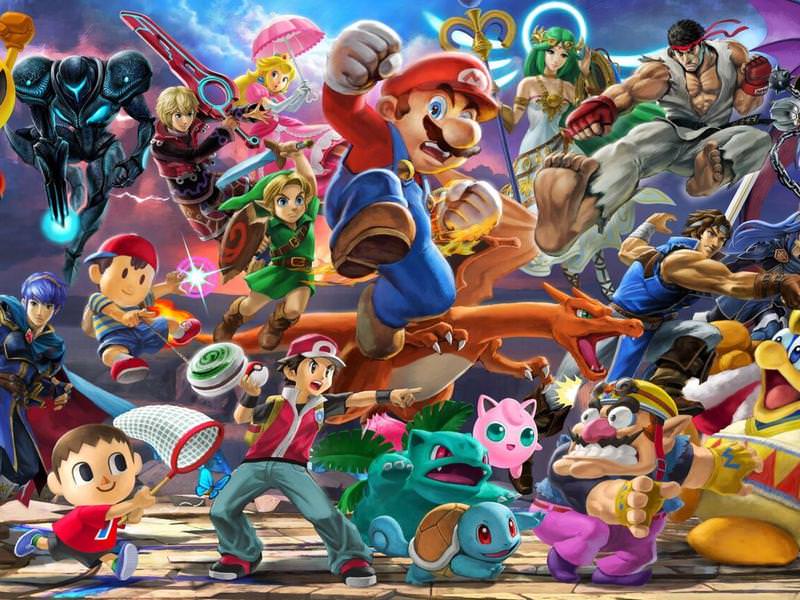EA Pledges Full Freedom To Development Studios

Mass Effect 2 (Image courtesy of EA)
Publisher Electronic Arts (EA) has more than a dozen development studios under its control. Within the studios are some of the most popular series in gaming including BioWare’s Dragon Age and Mass Effect series, DiCE and their extremely popular Battlefield series, Respawn Entertainment’s Titanfall series and Apex Legends, and a former exclusive contract with Disney to make Star Wars games. In a recent statement, EA Chief Studios Officer Laura Miele said the publisher will adopt a backseat approach and let their studios develop games more independently.
“As I started this current role,” said Miele, “I wanted to strip away some of the preconceived notions about what games we should be investing in and really start listening to players and incorporating their voice into our development process. Since then, we have announced a slate of games that players asked for: a new Skate, college football, a Command & Conquer remaster, the Mass Effect Trilogy and we developed free content in [Star Wars] Battlefront 2 for several years to turn the perception of that game completely around.”
Miele’s comments represent an attempt for EA to change their public image from a shareholder-first company to one that allows “creative autonomy,” as Miele called it. “In terms of our game development philosophy, our players are always our north star,” she said. “It’s about working to understand what a player’s motivations are and working to meet those. While at the same time recognizing our game teams are tremendously talented at their craft and will determine where the story and game go.”
Electronic Arts is one of the largest video games industry players. To many fans, that size is unwieldy and impersonal. Miele noted EA and DiCE’s game Star Wars Battlefront II (2017), which saw massive fan backlash for predatory loot-box progression systems. In response, EA wrote a blog post to Reddit using alienating, bureaucratic language to defend their use of paid random loot-boxes. A vast majority of gamers felt like EA was pandering to them and the company’s public image dropped as a result. Statements like Miele’s should reassure that even though stockholders are still first, gamers are now seemingly second, instead of non-enumerated.





